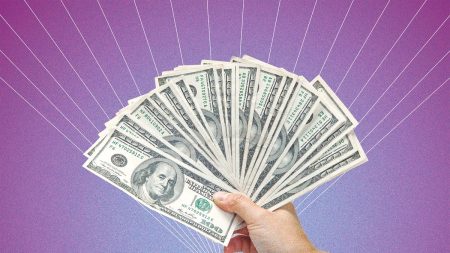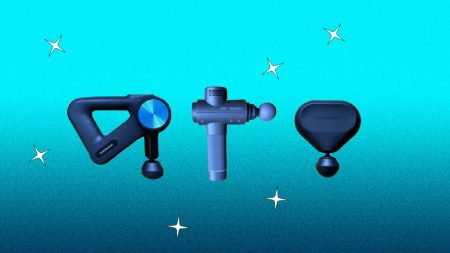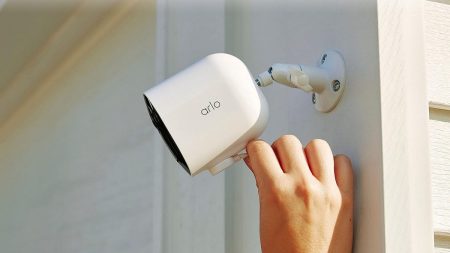Uber CEO Dara Khosrowshahi is optimistic about a potential vote in Seattle to revise minimum pay requirements for food delivery drivers. The Seattle City Council is considering lowering current minimum pay standards, which were implemented earlier this year. This move comes after Uber and DoorDash responded to the existing law by adding a $5 fee per order, leading to a significant drop in demand. Khosrowshahi acknowledges that the regulations have negatively impacted the drivers they were meant to protect. DoorDash CEO Tony Xu also expressed concerns about the pay regulations, stating that they are having the opposite effect of their intended purpose.
The new proposal in Seattle aims to require companies to pay drivers a minimum of $19.97 per hour for each hour spent making deliveries. This proposal would also limit data collection related to driver compensation and restrict the ability to sue companies over pay issues. The current legislation requires companies to pay drivers $26.40 per hour, significantly higher than the city’s minimum wage of $19.97 per hour. Seattle Mayor Bruce Harrell has expressed uncertainty about the new legislation, emphasizing the need for sufficient data to make informed decisions.
Nonprofit organization Working Washington has criticized the new ordinance, claiming that it would reduce worker pay below minimum wage. The organization released a report showing that the proposed changes could result in drivers earning $13.17 per hour after expenses. There are mixed views among drivers regarding the impact of the current legislation, with some reporting a decrease in income due to lower order volume, while others appreciate the extra pay to cover expenses. DoorDash and Uber Eats have increased their lobbying efforts in Seattle to amend the existing regulations.
Seattle and New York City are leading the way in testing the impact of labor standards in the growing food delivery market. These cities have introduced various PayUp laws to regulate the industry and protect workers’ rights. Seattle’s minimum wage legislation, passed in 2022, is part of these unique laws. Both Uber’s Delivery business and DoorDash have reported revenue increases in the first quarter of this year, despite the challenges posed by the new minimum pay regulations. Uber and Lyft are also facing pushback in Minnesota over new driver wage regulations, with threats to leave the state if the rules are implemented. The ongoing regulatory debates highlight the complexities of balancing worker rights and business interests in the gig economy.















